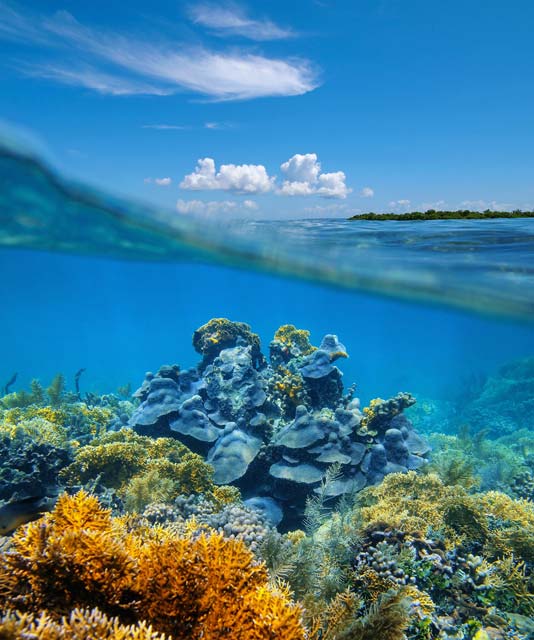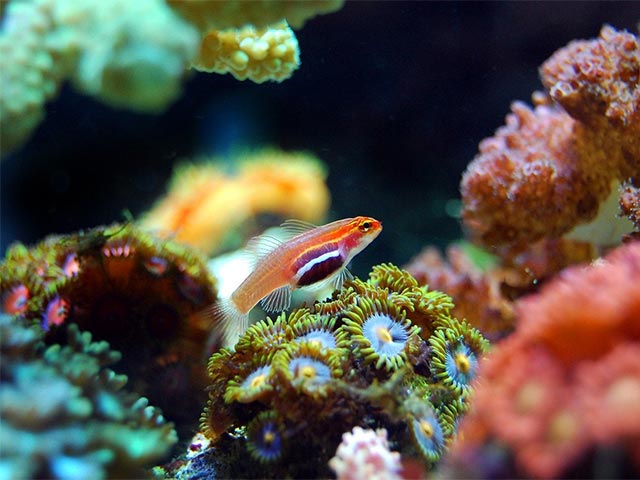We are seeing declines in coral colonies throughout the world, including reefs off Australia, Hawaii, the Florida Keys and in the Indo-Pacific region.
The widespread decline is fueled in part by climate-driven heat waves that are warming the world’s oceans and leading to what’s known as coral bleaching, the breakdown of the mutually beneficial relationship between corals and resident algae.
But other factors are contributing to the decline of coral reefs as well, including pollution and overfishing.

According to a new study, “Local conditions magnify coral loss after marine heat waves,” published in the journal Science, what’s key to coral reefs surviving climate-driven heat waves and subsequent bleaching is managing global climate change — and local conditions.
“We found a strong signal that local conditions influenced outcomes for corals after heat-stress events,” said Mary Donovan, lead author of the study and assistant professor in the School of Geographical Sciences and Urban Planning at Arizona State University.
“Although some have argued that climate change is so overwhelming that conserving coral reefs on a local scale is futile, our study found that local impacts on coral reefs magnified the effects of climate-driven heat waves,” said Donovan. “This suggests that local action to conserve coral reefs can help reefs withstand the effects of climate change.”

Two local issues that affect the health of coral reefs are nutrient pollution and overfishing. Overfishing depletes the number of fish that eat algae and keep the reef’s ecosystem in balance. For example, depleting the number of herbivorous fish can lead to an overabundance of macroalgae smothering the reef.
Nutrient pollution from land, including runoff from golf courses, agriculture and urban development along coastlines, also greatly threatens reefs.
Study data were collected worldwide by professional scientists as well as trained and certified community-scientists on behalf of Reef Check. They analysed data collected within one year after a climate-driven bleaching event to determine the health of the reef. Donovan is now applying this research to local efforts to address conditions that harm reefs.
“Coral reefs take up some of the smallest area on our planet but harbour the most species of any ecosystem on Earth, and they’re also incredibly important to people. People all over the world rely on reefs for food security, for coastal protection from storms and for other livelihoods. In many parts of the world, it isn’t only a question of beauty, but a question of survival,” Donovan said.
Image credits:
- coralreefstjohns-1200: Jill Studholme
